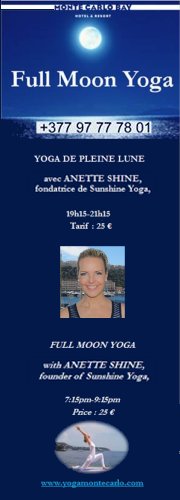General Articles
Village Politics: Ever Decreasing Circles
by Julia Moore

As the last shred of tinsel and gallette is cleared away, the starting pistol has been fired in the UK to hail that other non-escape ritual - A General Election. In keeping with traditions, the media is clearing the decks to make way for startling headlines (‘Nick Clegg’s grandmother was a spy’), policy sound bites and, crucially, Home Secretary Teresa May’s shoe up-date. Post traumatic Christmas syndrome, personal debt and snow, now compete for air-time. Dead-tree printing provided limited word-space and column inches, now replaced by a universe of space, which is a lot of void to fill.
There is nothing new, Horatio, the unsavoury truth is that electioneering is, and always has been a media event, which cyberworld neither caused nor created. Arranging visits to the Houses of Westminster, for both adult and more youthful students was always an interesting experiment. The real-time observation of debate in the Commons chamber, as opposed to an edited soundbite always packed a punch. Students woke up to the fact that the 2-hr discussion they had just witnessed was flashed, momentarily onto screens, with a more than distorted synopsis of the narrative. No need for a 3-year degree in Media Studies, job done.
Why should politics be treated any differently to other forms of media output? A timely and perennial question - usually targeted at the BBC, is the role of media - to entertain or inform? Clearly Auntie BBC - like all contemporary aunties - reflects the social backdrop against which it broadcasts. How far it creates and moulds the surrounding world is, in fact, the main preoccupation with Media courses, and so it should be. Globally, the most popular visual media programmes are those where we watch all varieties of activities - cooking, gardening, dancing, property search. Such genre are not new creations either- Fanny Craddock, The Galloping Gourmet, TV yoga and Gardener’s World all from the early 1960s were early runners in what is now a raging storm of ‘viewing’ hobbies- we just have countless media by which they can come at us - and a 24/7 viewing culture, and such programmes are cheap to produce- thank goodness then for a General Election, whereby endless output, ranging from breaking news to the name of every pet owned by leading political figures can also pile on.
Politics as entertainment, particularly in the hustings phase, blurs the lines even further between the factual and fictional worlds. Youth disengagement, a seemingly disconnected collection of mainstream parties and a voting public who, irritatingly, no longer see themselves reflected in those main parties are, in themselves , all products of media cyberworld. We crave and demand ‘individualised’ products - on-demand TV, apps which tell you, personally, what the weather is like outside. Politics, therefore, or rather the representing parties, have an uphill struggle to engage with a public who no longer neatly conform to the leading parties, but instead see themselves as individuals and not fond of being grouped and categorized. The rise of far-rightism, across Europe, if put alongside popular UK comedy such as ‘Mrs Browns Boys’ - illustrates clearly what results when traditional groups feel marginalised and ‘left behind’ in the fast-moving, London/Paris-centric world of smart houses and organic cafes. In the UK, Disraeli’s ‘Two Worlds’ are still with us (did they ever disappear?), with food banks co-existing alongside a mushrooming of metro-stores (smaller versions of supermarkets - we are shopping more frequently and do not want to browse in hangar-sized emporia, apparently).
Marshall Mcluhan’s ‘global village’ has shrunk, so it seems. The early phenomenon of TV, which connected the world and opened up the planet to itself is now diminishing, returning individuals to their own worlds. This maybe explains why we find Teresa May’s heels far more intriguing than the retail price index or Exchange- rates. Ultimately, I’m looking for a party which represents me, rather than a collection of promises, historical values and beliefs - even better if I can print out my own 3D politician.



